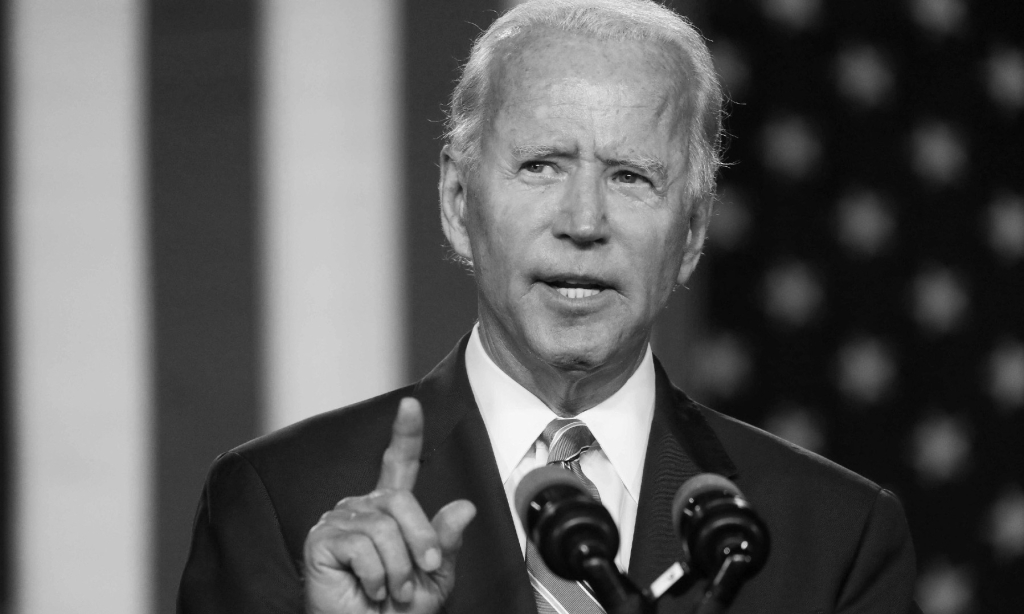

 Article
Article


Nicholas Sargen, a lecturer at the University of Virginia Darden School of Business and economic consultant, offers his thoughts on President Biden's potential changes to regulation that could have major impact on the U.S. economy: climate change, health care and the technology sector.
For years, the Western United States has experienced increasing drought. A new paper by Darden economist Peter Debaere reveals the culprit: beef production. Long-term water security and ecosystem health will depend on change.
Once the domain of video games, Virtual reality (VR) is playing a growing role in the workplace. Darden Professor Roshni Raveendhran explores how business leaders can leverage VR technologies — in particular, avatars — in frequent monitoring situations.
Why would oil producers continue to pump oil despite an excess supply globally and a shortage in storage space? Darden Professors Elena Loutskina and Daniel Murphy examine how oil prices went negative (and could again), collateralized debt and oil producers’ relationships with lenders, and broader implications for the oil market.
Nicholas Sargen, a lecturer at the University of Virginia Darden School of Business and economic consultant, offered his thoughts on how the election outcome could affect the economy.
With the onset of COVID-19, it was incredibly important for businesses to reach out to their consumers and preserve those consumers’ loyalty. Darden Professor Kimberly Whitler, an expert in marketing strategy and brand management, investigated how marketing teams were communicating with customers during the crisis.
With President DonaldTrump testing positive for COVID-19 positive, Darden lecturer Nick Sargen considers implications for the economy and the market.
Fiscal policy is a powerful tool to combat economic downturns, but the results depend on decreasing inequality, an imperative to the efficacy of fiscal multipliers. As COVID-19 cases rise, new research offers insights into which fiscal policies may bolster the economy — and the other options, which may have long-term ramifications.
Long before the coronavirus pandemic, advances in information technology were already fueling the rise of a handful of superstar firms that dominate the economy. COVID-19 has greatly accelerated that trend. Darden Professor Anton Korinek explores the implications of the superstar phenomenon for overall economic efficiency and, by extension, policy.
Epidemiology and economics: A smart containment strategy for COVID-19 could save the U.S. economy $10 trillion. Here: the effects of states easing lockdowns, putting a (literal) price on individual vs. societal costs of the disease, how to get the economy running and what changes to expect long-term, and why public health measures are so important.